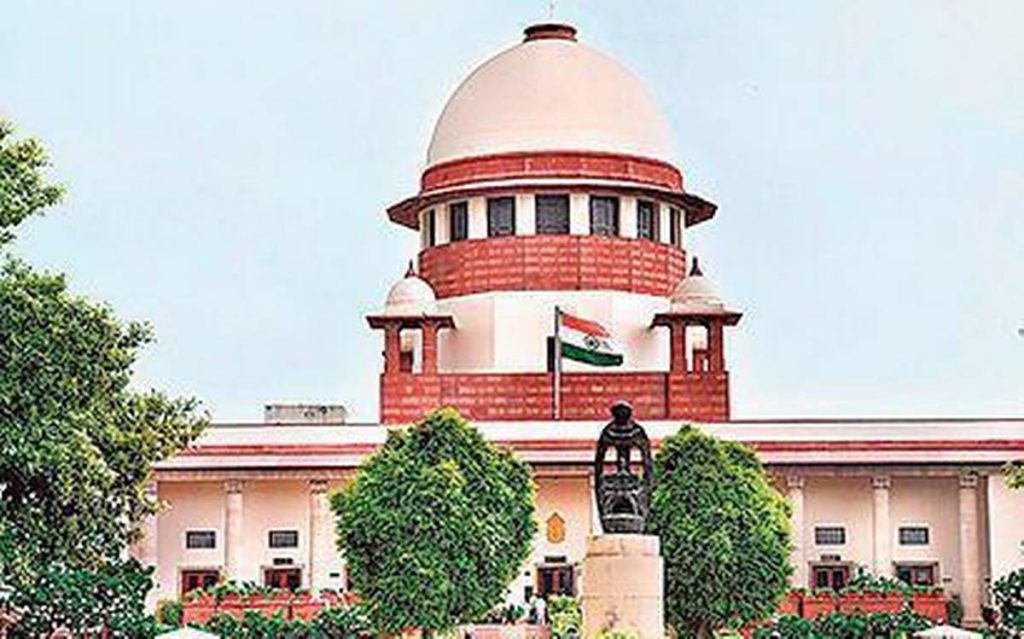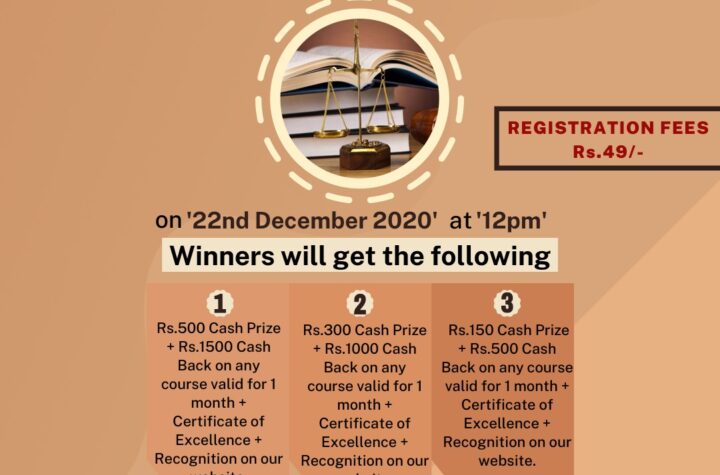By Snehi Suryash.
The words “socialist” and “secular” were added in the preamble of Constitution of India through 42nd constitutional amendment in 1976. A plea has been filed before the Supreme Court seeking to delete both the words from the Constitution.
Who are the petitioners?
The PIL has been filed by advocates Balram Singh, Karunesh Kumar Shukla (advocates) and Pravesh Kumar (social worker). The three petitioners, who moved a common petition claimed that they intend to launch a political party.
One of the conditions to register a political party with the Election Commission of India(ECI) requires to compulsorily follow principles of socialism and secularism.
This requirement was added to Section 29-A (5) of the Representation of People Act, 1951, by an amendment in 1989.
The petitioners have challenged the validity of this law and have also sought ECI and the Central government to respond to their petition.
What does the petition seek?
It demands the SC to direct the UOI to declare that the concept of ‘socialism’ and ‘secularism’ be ‘limited to the working of the sovereign function of the State. And that the same not applicable to the citizen.’
The PIL contended that the amendment made in 1976 was antithetical to the constitutional tenets as well as the historical and cultural theme of India. The move was per se illegal for violating the concept of freedom of speech and expression enumerated in Article 19(1)(a) of the Constitution. Along with the right to freedom of religion guaranteed under Article 25 of the Constitution, the plea contended.
The plea also contended that the amendment was against the historical and cultural theme of the great republic of Bharat. Bharat, being the oldest civilization of the world have clear concept of ‘Dharma’ different from the concept of religion. And that the communist theory of state cannot be applied in Indian context. As the theory was not in tune with the religious sentiments and socio-economic conditions of India.
The petition further argues that the original Constitution makers deliberately chose to keep these concepts out of the Preamble. This is evident from the following failed attempts:
- On November 15, 1948, Professor KT Shah had proposed adding the words “Secular, Federal and Socialist Nation”, but the Constituent Assembly (CA) had rejected it after a lengthy discussion.
- Again, on November 25, 1948, a second amendment was introduced and discussed on incorporating the word ‘secular’ in the draft Constitution. That, too, was rejected.
- On December 3 that same year, a third attempt was made to include ‘secular’ in the Article 18 of the Constitution, which was also dismissed by the CA.
The petition demanded SC to examine how Parliament could go against the solemn declaration by the CA. And modify or add ‘secular’ and ‘socialist’ words to the text of the Preamble by way of an amendment in 1976.
The plea tries to examine the roots of secularism and socialism as a concept prevailing across the globe. Also dubs them as a “political thought” which has little relevance for the country.
The plea further questions the prevailing concept of secularism. As it means where state/government has no religion. How in India, state –
- Grants aid to minority religious institutions.
- Enacts law relation to pilgrimages outside the country.
- Has power to make laws related to charitable, religious endowment and religious institutions under the Concurrent List.
- Has power under Article 25(2) to make law regulating or restricting any economic, financial, political or other secular activity associated with religious practice.
In view of the fact that states have power to indulge in religious matters, though in limited sense, and can give grant to religious minorities, the state as a political entity cannot be a secular republic in strict sense.





